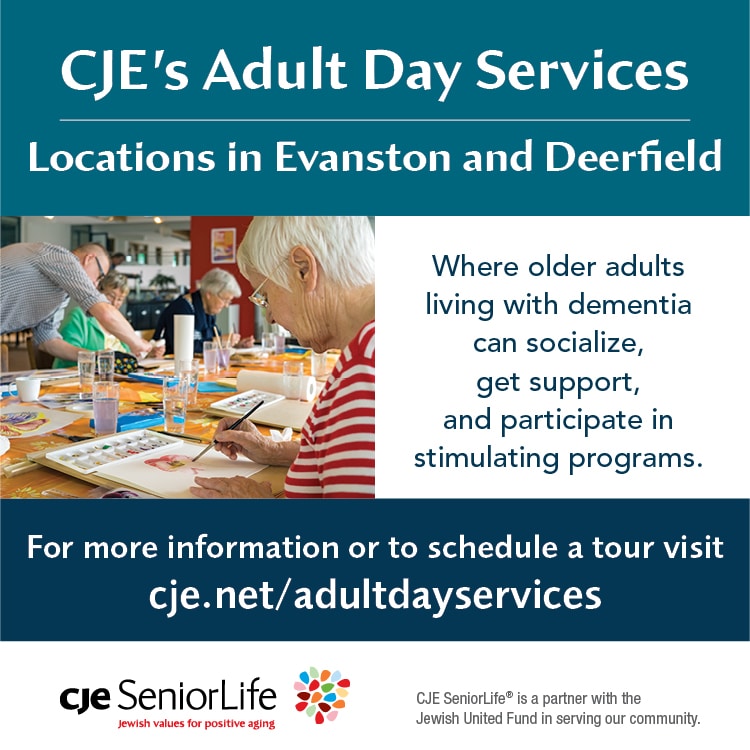Lessons Lynn Roberts learned while caring for her mother
When interacting with someone with Alzheimer’s disease, it can be helpful to avoid confrontation, create a calm environment, and focus on communicating slowly and clearly. Correcting them, or trying to jog their memory, might make them feel frustrated or agitated.
Play along. Enter their reality. “I’d call my mom at the hospital and ask how she was doing,” Roberts says. “She’d say things like, ‘Oh, I just came in from the barn.’ Obviously, that wasn’t true because there was no barn in the hospital, but you play along with it. You ask her what she was doing in the barn or how she liked it.”
Don’t argue. It is likely not worth it to argue with someone experiencing dementia. Chances are they cannot understand things from your point of view. “I would fight with my mom about wearing a coat and eventually learned to let her leave the house without it, but I’d still bring it with. When she said she was cold, I had her coat right there,” Roberts says.
Try not to correct. Their reality has shifted. “When you say something like, ‘Well, Mom, remember …’ it makes them fearful because of course they can’t remember,” Roberts cautions.
Be observant. As the disease progresses, people lose the ability to communicate how they feel. “When my mom fell and hurt her wrist, she couldn’t say that she was hurt, but her face would show she was in pain,” Roberts says. “You have to really pay attention.”

Kevin Sterne is the author of I’ve Done Worse (Long Day Press) and editor in chief of Funny Looking Dog Quarterly. He loves running and trees.












